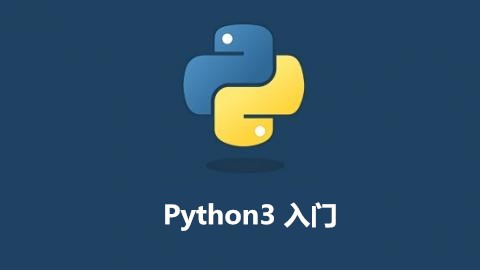
eval()函数
1、执行一个打印函数
eval("print('Python 集中营')")
# Python 集中营
#
# Process finished with exit code 0
2、自定义函数执行
def hello_world():
print("Python 集中营\n 执行成功")
eval('hello_world()')
# Python 集中营
# 执行成功
#
# Process finished with exit code 0
locals()与globals()
'''
函数说明:可以访问全局、局部变量
locals(): 只读、不可对变量进行修改
globals(): 可读、可写
'''
1、赋值操作
a = '1'
def test():
b = '2'
globals()['a'] = 3
locals()['b'] = 3
print('a = ',a)
print('b = ',b)
# a = 3
# b = 2
2、执行函数操作
'''
globals()['函数名称'](参数)
locals()['函数名称'](参数)
'''
globals()['test']()
getattr()函数
'''
函数说明:getattr()函数相比其他函数来说要更加安全一些
getattr(类名, '函数名称')(参数)
'''
class Test_Class:
def hello_world(self, a,b):
print('a * b 的结果是:',a * b)
getattr(Test_Class(), 'hello_world')(2,4)
# a * b 的结果是: 8

 随时随地看视频
随时随地看视频




